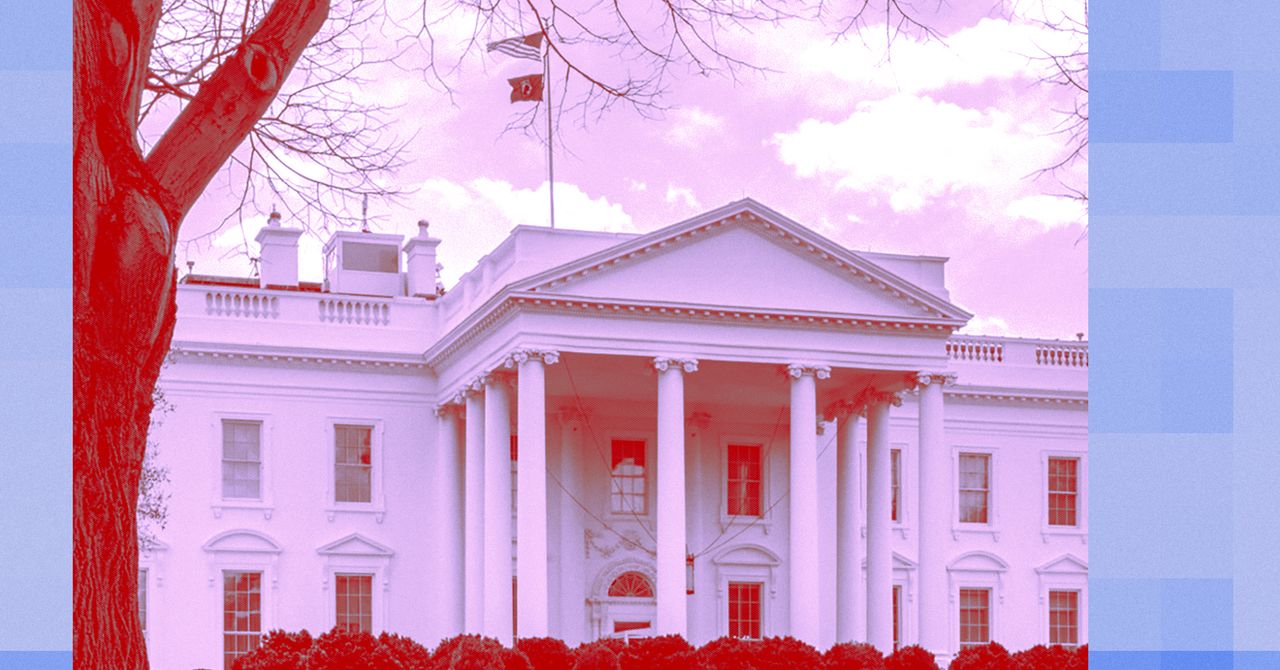On May 16, 2023 Sam Altman appears before a subcommittee of the Senate’s judiciary. The title of the hearing was “overseeing AI.” The session was a love festival, with both Altman and the senators four who call Altman AI’s ‘printing press moment’ – and acknowledge that the US needs strong laws to avoid its potholes. “We think that regulatory intervention by governments will be critical to reducing the risks of increasingly powerful models,” he said. The lawmakers hung on Altman’s every word, while struggling about how clever laws could make AI thrive – but only within fixed guidelines that both legislators and AI builders considered necessary at that moment. Altman spoke for the industry, which shared his attitude widely. The battle cry was “regulated us!”
Two years later, on May 8 of this year, Altman was back in front of another group of senators. The senators and Altman still sing the same tune, but one draws from another playlist. This trial was won ‘the AI race’. In DC, the word “supervision” fell out of favor, and the AI discourse is no exception. Instead of standing for outdoor bodies to investigate AI models to assess risks, or that platforms should warn people when dealing with AI, the committee chair Ted Cruz argued for a path where the government would not only remove innovation, but also remove barriers like ‘over -regulation’. Altman was on board with it. His message was no longer “regulated me” but “invested in me.” He said that over -regulation – such as the rules adopted by the European Union, or one bill that was recently veto in California, would be ‘disastrous’. “We need the space to innovate and move quickly,” he said. Safety auctions may be needed, he confirms, but it must “involve meaningful regulation that we do not delay.”
What happened? For one thing, the panicked moment just after everyone was stunned by Chatgpt, it became clear that Congress was not going to move on AI quickly. But the biggest development is that Donald Trump took the White House back and hit the brakes on the nuanced, pro-regulation tone of the Biden Administration. The Trump defense of AI ordinance seems suspicious close to that of Trump’s Supporter Marc Andreessen, who in his Techno Optimist declared that AI regulation was literally a form of murder, because “any delay of AI lives will cost.” Vice President JD Vance made these priorities explicit in an international event held in Paris in February. “I’m not here … to talk about AI security, which was the title of the conference a few years ago,” he said. “We believe that the excessive regulation of the AI sector can kill a transformative industry just as it rises, and we will do everything in effect to encourage AI policy.” The administration later unveiled an AI action plan to improve America’s position as an AI power station and to prevent unnecessary troublesome requirements from hindering the innovation in the private sector. “
Two enemies emerged in this movement. First, is the European Union that has adopted a regulatory regimen demanding transparency and accountability of large AI businesses. The White House despises this approach, just like those who build AI businesses in the US.
But the biggest Bogeyman is China. The prospect of the People’s Republic in the “AI breed” is best best is so inconceivable that regulation should be set aside, or should be done with what Altman and Cruz described as a “light touch”. Some of these arguments come from a theory known as ‘loud take-off’, which states that AI models can reach a point where lightning-fast self-improvement introduces a dizzying geyre of supercabodies, also known as AGI. “Once you get there, your person, I won’t be able to catch you,” says former Google CEO Eric Schmidt, with the ‘U’ a participant (Schmidt talked about China’s status as a leader in the Open Source.) Schmidt is one of the hardest votes on this future. But the White House is probably less interested in the singular than in classical economic competition.
The fear of China going forward is the most important driving force for current US policy, and safety is condemned. The party line even objects to individual states trying to fill the vacuum of action with their own laws. The version of the tax break that Medicaid-cut Megabill passed at home has a mandate moratorium on any AI law on state for 10 years. It is like eternity in terms of AI advance. (Pundits says that this provision will not survive an opposition in the Senate, but it should be noted that almost every Republican in the house voted for it.)
